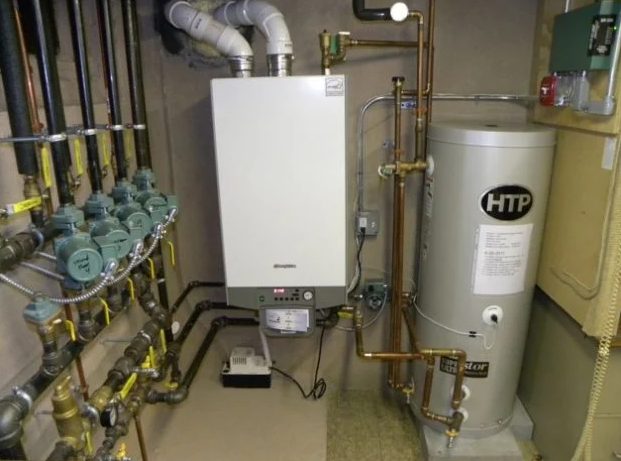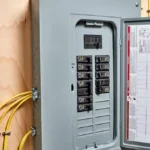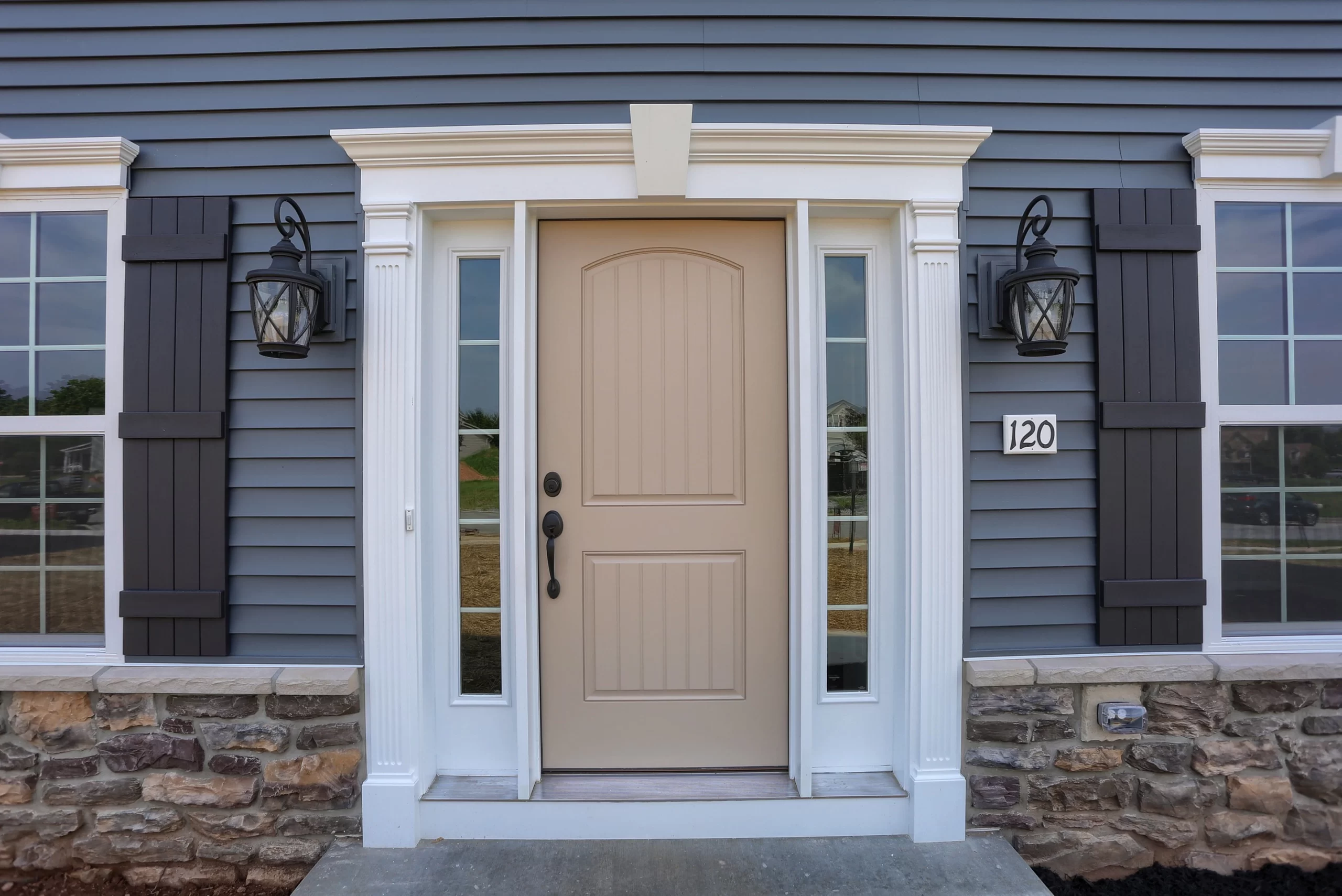Indirect water heaters are fast becoming a favorite of smart homeowners. They assure excellent energy-efficiency and also make an economical investment in the long run compared to traditional heater models. Do you wish to know more about indirect water heaters? It could be that your old heater needs replacement and you are contemplating on installing an indirect heater. Well, if you have a boiler at home, indirect water heater would probably be a wise investment to make this time.

You will find here list of the best indirect water heaters and a brief outline of the major facts you need to know about indirect water heaters. After you get an idea on indirect heaters, you can check out indirect water heater reviews to find a suitable model for your home.
How does it work?
Unlike direct heaters that heat the directly, the indirect ones do not follow the same. Rather, an indirect heater churns out hot water through the process of heat transfer. In this case, you won’t find any gas or electric heating element within the heater tank itself. On the other hand, the most important thing here is heat transferring coil that runs in between tank and boiler/furnace. Fluid in coil gets heated and after that it cools off inside tank, winding through to heat source
Now, there could be confusion regarding using furnace as heat source for indirect heaters. It’s mostly because older furnace units aren’t compatible with integrated HVAC appliances.
Count on boiler
Boiler is the most preferred heat source for indirect water heaters today. It’s primarily because boilers provide highly efficient steam heating which amps up the efficacy of an indirect heater.
No venting
In an indirect water heater, the tank doesn’t use the power and hence the water heater does not require venting. In fact, these units can work on any sort of power, ranging from solar to gas. However, the boiler must be set up in separate zone while connecting it with heat medium. The heat exchange piping generally carries non-potable water and that stays separate from potable water in tank.
The water steams at heat source (at around 2000F) and as it reaches lower part of storage tank, cooler water from the surrounding pulls heat right from coils. After that, the steam part condenses back to liquid form which is then recycled back to heat supply.
Difference with direct water heater
Direct heaters heat water right inside tank using their own integrated burner. But, you will find this here that an indirect heater model taps into boiler for producing hot water.
In a standard indirect water heater + boiler setting, you will find a closed-loop pope (for water) which basically connects boiler to heater tank. Now, inside the heater, you have an insulated water storage tank which holds a heat exchanging coil. The boiler will heat up the fluid and once it gets heated it would travel via heat exchanger right to heater water tank. Heat in exchanger then heats up water contained in the tank so that you can get warm water the moment you open the tap.
Benefits of indirect water heaters
We will wind up the discussion about the post on this site with a brief on the great advantages of indirect water heater.
Excellent efficiency
Indirect water heating appliances assure great efficiency both in terms of cost and energy.
Indirect water heaters will use your home’s existing boiler. As a result, it can assure you great cost efficiency in long run. Then, the heater allows storing heated water in tank and hence the furnace has to cycle less often which eventually means huge energy savings. You can take a look at hod9.com for more details on different indirect water heater models.
Great productivity
Indirect water heaters score over direct heaters anyday in terms of productivity.
The indirect units can store around 30-200 gallons water which enables them to produce 2-3x of warm water produced by a traditional direct unit.
Instant hot water
Your indirect hot water would work in alliance with your residential heating system which will benefit you with almost instant hot water.
You can check hod9 article for expert tips on choosing the right indirect water heater for your home. However, when it comes to installation, it’s not a DIY job- so, make sure to consult a pro contractor.

My name is Author Name. I post about home improvement ideas and how to make your home look beautiful and liveable. I hope my posts will help you with your DIY projects!












